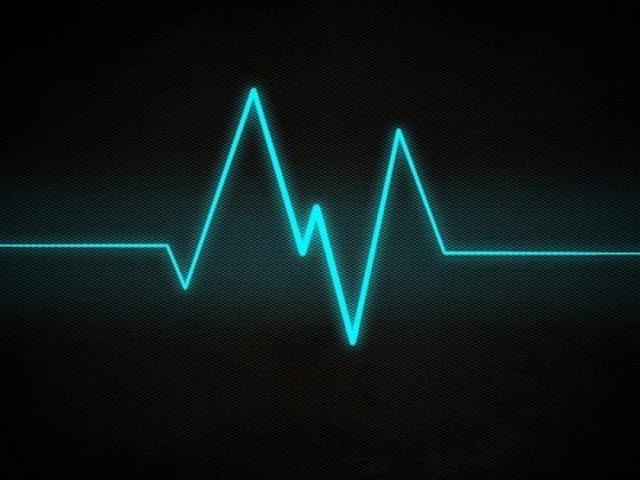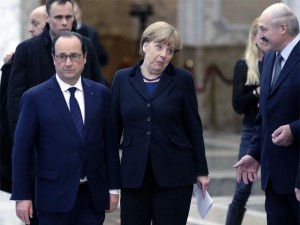Poland and Germany were both initiators and drivers of a New Eastern policy linked to the Eastern neighborhood and Russia/Soviet Union.
Ulad Vialichka: Civil society spent 2016 without vim, but this is no reason for dramatization

The whole country is in crisis, including civil society, but it is “not dead — it is alive and solving pressing issues.”
“Speaking of the results of the past year and the prospects for 2017, it is important to recall the global context,” stressed Ulad Vialichka, co-chairman of the Steering Committee of the Eastern Partnership Civil Society Forum (EaP CSF), recently elected country facilitator for Belarus of the EaP CSF in his interview with the EuroBelarus Information Service:
“The past year was not a very successful time in terms of vim, a sense of perspective. The entire Western, primarily European civilization, which fights for development and for certain ideas is in crisis today.”
According to Ulad Vialichka, there is no “breakthrough region that would demonstrate considerable progress, set the tone in the world today.”
“This, of course, is reflected in our local context, the context of Belarus and the Belarusan civil society in particular. All players now seek to maintain the status quo rather than transform the situation," said Ulad Vialichka.
The national coordinator of the EaP CSF calls the current state a “smoldering existence with some local development elements.”
“But life goes on, the development is still there. For example, the self-financing systems of different initiatives start to play a major role,” pointed out Ulad Vialichka.
The expert formulates the second trend as a “certain marketization of civil activity”:
“Today, the most successful in terms of attractiveness and popularity civil initiatives exist in commercial forms more familiar to the market — we can see a symbiosis of idea and entrepreneurship — for example, the Art Siadzіba, Mova Nanova initiatives,” notes Ulad Vialichka.
According to him, the civil society in Belarus follows the world trends becoming more diverse and less organized:
“Today, flexible forms of initiatives are the most successful but at the same time, they are often short-term,” explained Ulad Vialichka.
At the same time, “I would not over-dramatize the situation, today we may observe a quite natural period of something new taking shape, but it is clear that the vim and new ideas will appear in the civil society when there is a sense of perspective”:
“For example, we get an interesting material for comparison from our Ukrainian and Georgian colleagues. Something is happening there every day, not always good things, of course, but there is life. As for us, despite the soft belarusization and the concessions on the part of the authorities in relation to the civil activities, social life does not begin to flourish. But, in any case, civil society today is not dead, it is alive and dealing with pressing issues, which will give its results. Moreover, there is an additional source of possible activity — Belarusan-European relations, even though they have a rather clumsy form right now,” said Ulad Vialichka.
“It is important to highlight that in 2016 the civil society started a dialogue with the state, though it is not quite full-fledged yet. But an opportunity to break down stereotypes, fears and prejudices appeared, there is a ground for communication. And our goal is to make this dialogue work.”
Others
-
Uladzimir Matskevich: The sooner the "Union State" is denounced, the better for Belarus
Not only does the “Union State” undermine the establishment of civilized relations with Europe, but it hinders the possibility of normal relations between Belarus and Russia.
-
Uladzimir Matskevich: The regime can no longer control the situation in the country
The authorities are unable to prolong the social contract with the people: there is no way out of the social crisis.
-
Press release of the BNP in connection with the next round of the dialogue in the format of the EU-Belarus Coordination Group
Belarusan National Platform of the Eastern Partnership Civil Society Forum welcomes the dialogue process in the format of the EU-Belarus Coordination Group, the third round of which was held in Minsk on 3-4 April 2017.
-
Hennadiy Maksak: Europe must react adequately to the events in Minsk
A new wave of political repressions should make the EU return to tougher policy towards the Belarusan regime.








Comments
From farewell to a new Eastern policy and towards a new development
Poland and Germany were both initiators and drivers of a New Eastern policy linked to the Eastern neighborhood and Russia/Soviet Union.